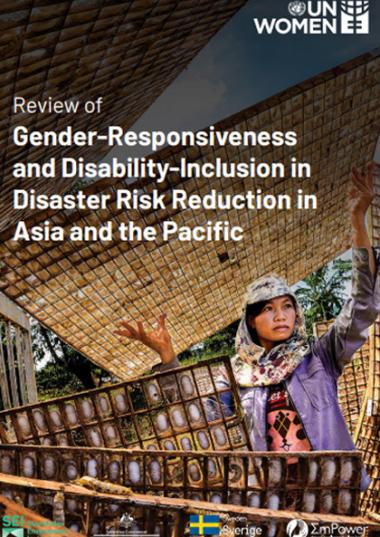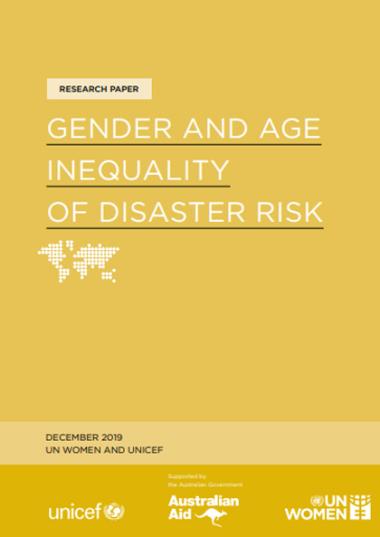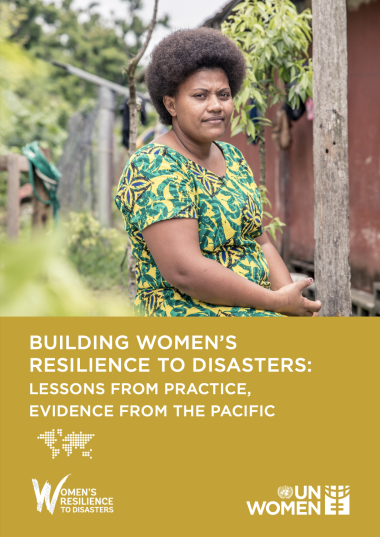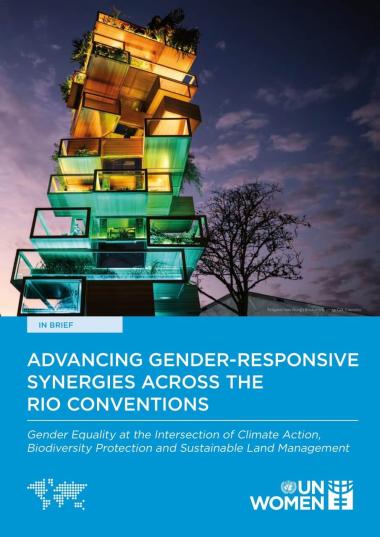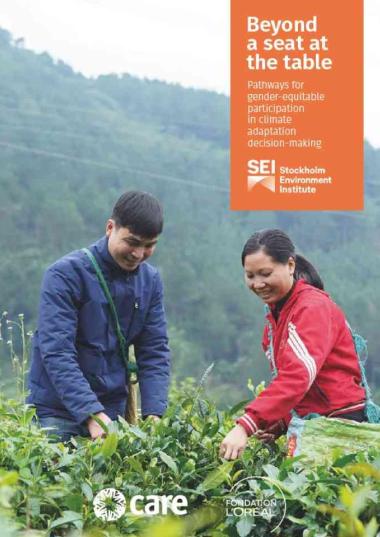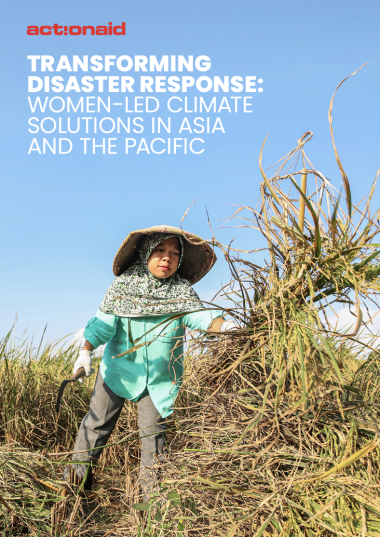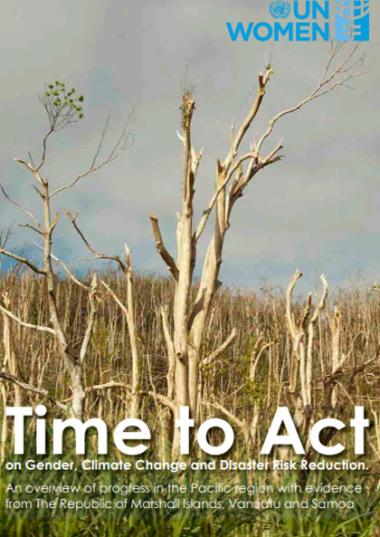
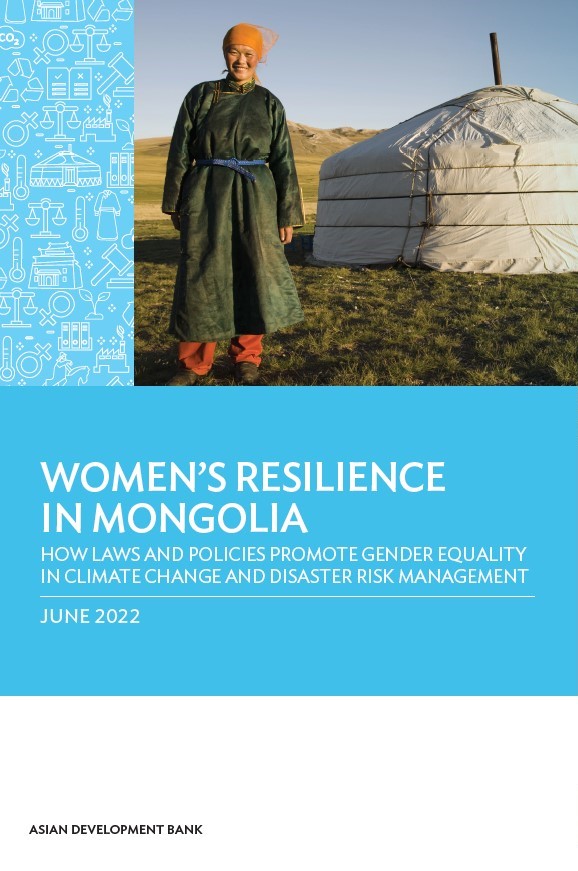
Women's resilience in Mongolia: How laws and policies promote gender equality in climate change and disaster risk management
May 2022
Mongolia has a strong capacity for sustainable development due to its highly skilled, educated, and resilient population and a wealth of natural resources. It also faces significant sustainability and environmental challenges that are amplified by climate change. The harsh climate, substantial natural hazards, and unique geography are compounded by rapid growth that relies on coal-based energy and the dominant economic sectors of mining and pastoralism that both also contribute to ecological challenges. Coal remains the primary energy source and energy demand is increasing with economic and population growth. Air pollution has become a major issue in the growing city of Ulaanbaatar, with increasing vehicle traffic and nearby coal-fired power stations that contribute to both greenhouse gas (GHG) emissions and pollutants. This creates tension between climate change commitments under the Paris Agreement, economic growth targets, and significant social and health concerns, particularly for women and children.
The purpose of this report was to conduct a gender analysis of the national legal and policy frameworks of Mongolia to determine whether laws, policies, and strategies consider gender inequalities as they relate to climate and disaster risk and contribute to strengthening women’s resilience.
This Mongolia country report is part of a series of publications that applies the National Good Practice Framework presented in the regional report Gender-Inclusive Legislative Framework and Laws to Strengthen Women’s Resilience to Climate Change and Disasters, to explore the extent of integration of gender considerations in CCDRM laws, policies and plans in Fiji, the Lao People’s Democratic Republic (Lao PDR), and Mongolia. It was prepared under a regional knowledge and support technical assistance project on Strengthening Women’s Resilience to Climate Change and Disaster Risk in Asia and the Pacific. The project specifically aims to increase the capacity of these three countries to develop and advance gender responsive CCDRM national and sector policies and laws. It also contributes to the wider thrust of the ADB Gender Equality Thematic Group to promote national legislation that supports
women’s resilience through gender inclusive approaches to CCDRM.
